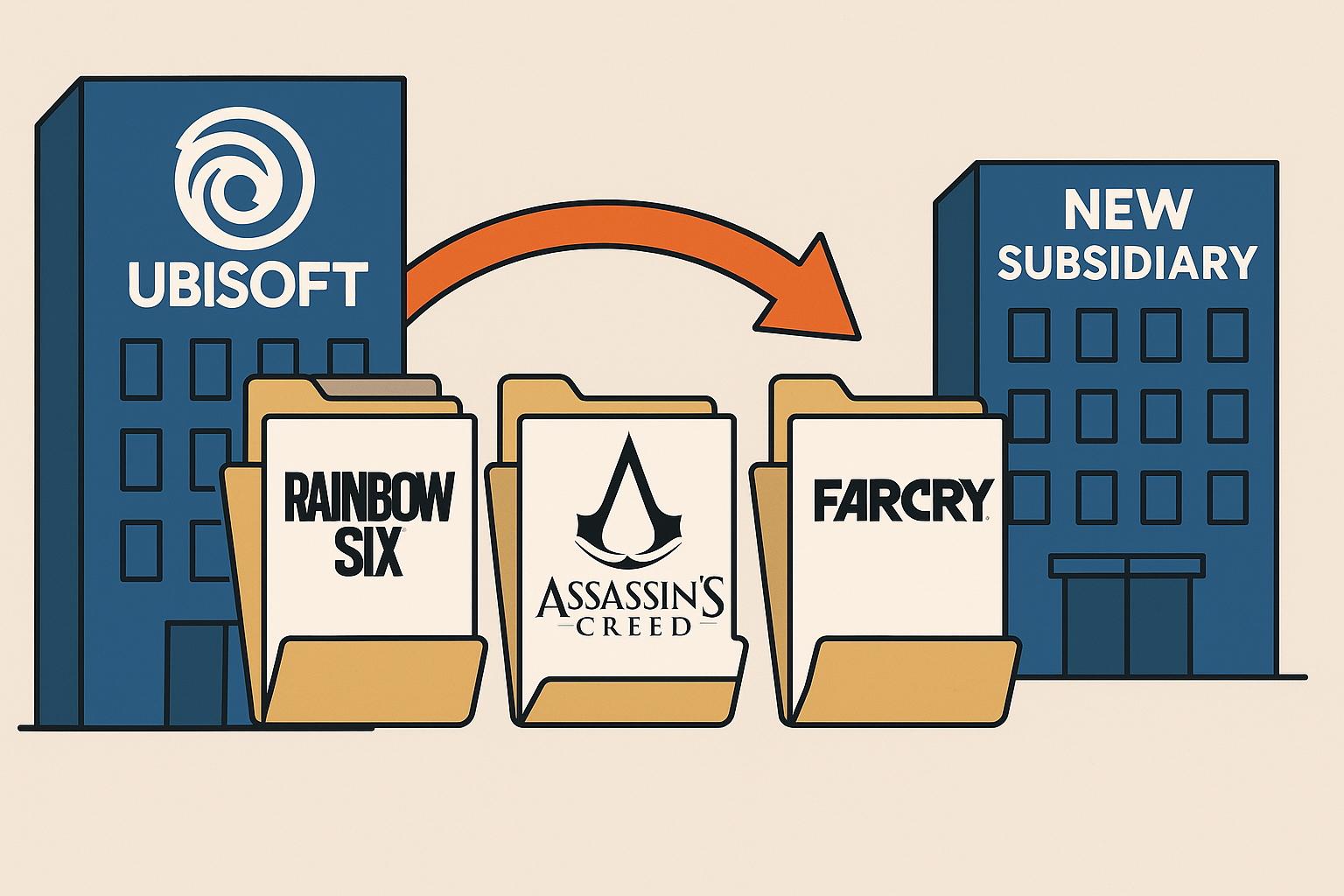In a bold move to further amplify its creative prowess, French gaming giant Ubisoft is embarking on a strategic reorganization effort. At the heart of this endeavor lies the establishment of a new subsidiary company – a self-contained entity that will oversee the development and stewardship of some of Ubisoft’s most iconic and beloved franchises. Enter: Assassin’s Creed, Rainbow Six, and Far Cry – three household names that have been thrilling gamers worldwide for years. Under the aegis of this new subsidiary, the future of these massive franchises is set to be shaped, molded, and elevated to unprecedented heights. As the gaming world watches with bated breath, one question looms: what exciting developments can we expect from this powerhouse subsidiary?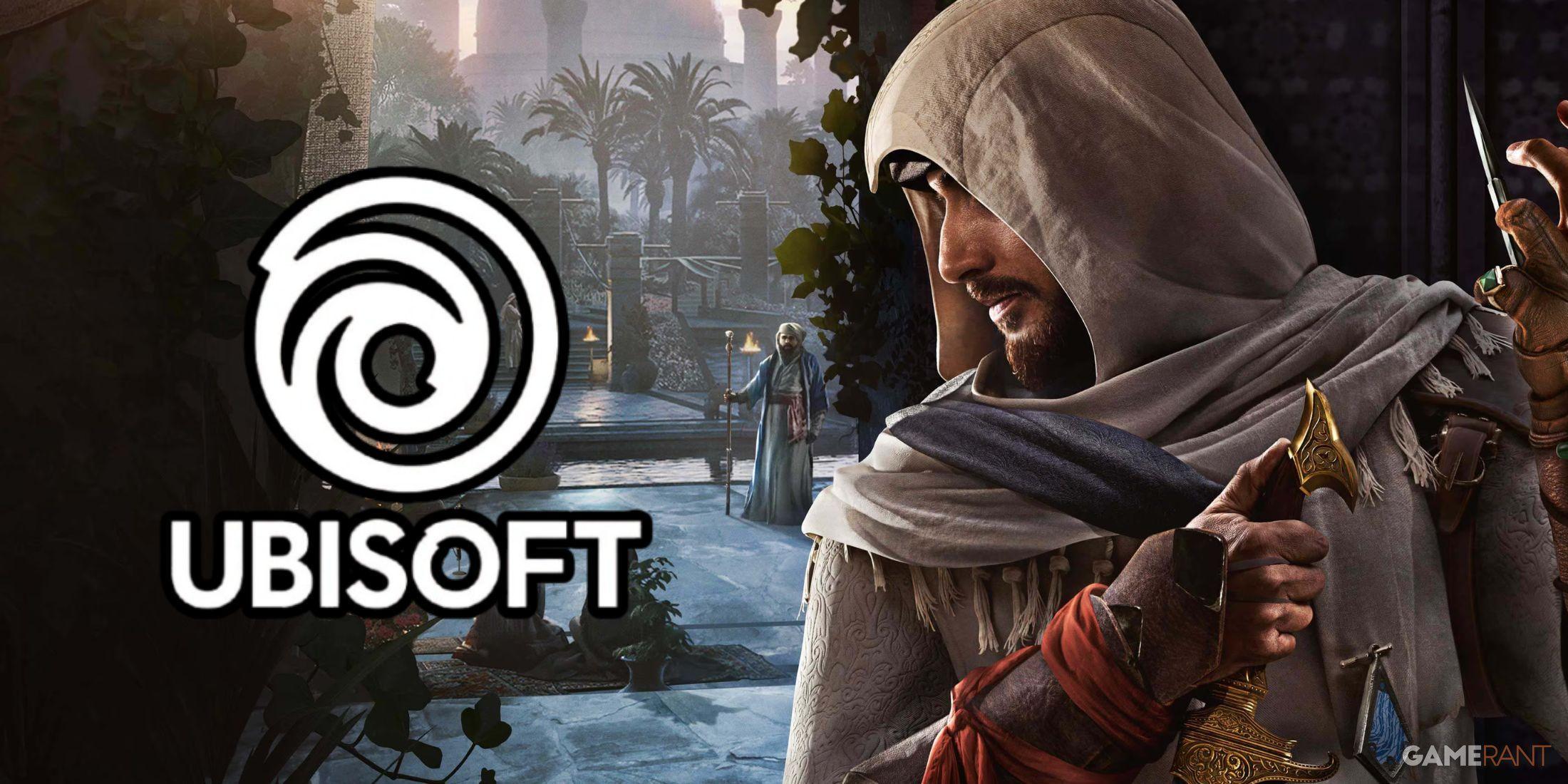
Expanding Ubisofts Horizons with a New Subsidiary
Ubisoft has announced the establishment of a new subsidiary company, bringing together various game development teams under one roof. This strategic move aims to boost innovation, creativity, and expertise within the company’s popular franchises.
The new subsidiary will oversee the development of some of Ubisoft’s most iconic series, including Assassin’s Creed, Rainbow Six, and Far Cry. However, the main objective is not only focused on these titles, but on producing more diverse gaming experiences with emerging technologies, such as cloud, artificial intelligence (AI), and virtual reality (VR).
More on the possible impacts of this new company can be seen in the following key points:
- Broader creative freedom for game developers;
- Implementation of more advanced technologies;
- Cross-platform and cross-franchise gaming opportunities;
- Increased capacity for partnerships and collaborations;
- Improved operational efficiency within the company.
| Franchise | Release Year | Planned Innovations |
| Assassin’s Creed | 2007 | AI-powered gameplay, Cloud-based world rendering |
| Rainbow Six | 1998 | AI-driven multiplayer components, Virtual reality (VR) compatibility |
| Far Cry | 2004 | Improved map editing with emerging technologies |
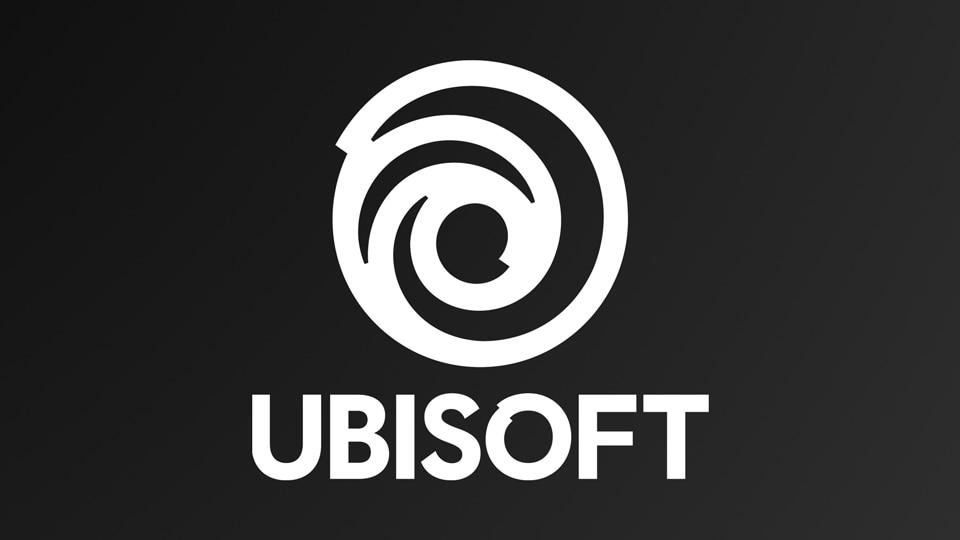
Ubisofts Strategic Move in Reorganizing its Gaming Portfolio
Ubisoft is undergoing significant restructuring, focusing on optimizing its gaming portfolio. This strategic move involves creating a new subsidiary company that will oversee some of its most successful franchises, including Assassin’s Creed, Rainbow Six, and Far Cry. By doing so, Ubisoft aims to boost these series’ growth, foster innovation, and enhance their overall gaming experiences.
Some of the key aspects of this reorganization include:
- Restructured focus: Each franchise will receive more individualized attention, with the potential to explore new storylines, gameplay mechanics, and features that cater to their distinct player bases.
- Increased autonomy: The new subsidiary company will have more freedom to make independent decisions, allowing for more agile development processes and quicker response times to market trends and player feedback.
- Strengthened expertise: This reorganization enables Ubisoft to concentrate its resources and expertise, expanding its capabilities and fostering knowledge-sharing among teams working on these prominent franchises.
This reorganization might be attributed to Ubisoft’s recent changing market dynamics and its goal of realigning resources toward areas that are projected to benefit its business and create more engaging experiences for its players.
| Franchise | Recent Notable Releases | Impact of the Restructuring |
|---|---|---|
| Assassin’s Creed | Assassin’s Creed Valhalla (2020) | Enhanced narrative focus and expanded historical settings |
| Rainbow Six | Tom Clancy’s Rainbow Six Extraction (2022) | Increased emphasis on co-op gameplay and competitive esports |
| Far Cry | Far Cry 6 (2021) | Improved open-world exploration and more immersive storytelling |

What the New Subsidiary Means for Assassins Creed Fans
The entire gaming community is abuzz with excitement as the new subsidiary company takes the reins of some of the most iconic franchises in the world. As a key player, Assassin’s Creed is sure to undergo significant transformations that will only add to the richness of its existing lore and captivating gameplay. For starters, fans can expect a more focused approach to the development and release of Assassin’s Creed titles, with the new subsidiary streamlining Ubisoft’s internal processes. This may translate to more consistent and polished releases, with potentially shorter gap times between installments.
A more agile development team could also lead to more experimental and innovative game mechanics within the Assassin’s Creed series. Imagine open-world RPG elements, new stealth abilities, or a completely revamped combat system that shatters the expectations of even the most die-hard fans. Here are just some ideas that might make it to the next Assassin’s Creed game:
*
- New Eras to Explore, such as ancient Mesoamerica, 1920s America, or even a fully-fledged modern-day setting.
- Characters with Rich Backstories, whose pasts slowly unravel over the course of the game, influencing the main narrative in exciting ways.
- Multiple Playable Assassins, each with their own distinct personalities, abilities, and motivations for taking on the Templars.
| What the Fans Want | A More Mature Storyline, tackling complex themes and moral dilemmas. |
| Increased Player Agency | Their choices and actions should have a direct impact on the game’s world and narrative. |
| Online Co-op and Competitive Multiplayer | Incorporating seamless co-op gameplay and competitive multiplayer modes. |
The success of these predictions will ultimately depend on the new subsidiary’s vision for Assassin’s Creed and the determination to break the mold.
A New Era for Rainbow Six and Far Cry Enthusiasts
With a unified front, fans of Rainbow Six and Far Cry are set to witness an inventive approach to gaming as their favorite franchises are fused under one umbrella. The possibilities for synchronized storylines, crossovers, and collaboration are limitless. While little is known about the concrete plans of this new subsidiary, it is evident that the integration will likely yield games that have been influenced by the collective experiences of all three iconic franchises.
Even though concerns have been raised among gaming enthusiasts about the influence of Assassin’s Creed on the dynamics of Rainbow Six and Far Cry, game developers are taking a bold approach to integration, citing the successes of past game combinations like Ghost Recon: Wildlands and Rainbow Six Siege collaborations. Additionally, the resources and knowledge sharing across the subsidiary could further optimize and rationalize production across all three game series, making them more competitive in an ever-evolving industry.
| Possible Integration Features |
|---|
| Synchronized Storylines between Games in Different Franchises |
| Sharing of assets |
| Combining distinct mechanics to introduce new gameplay styles. |
- Further enhancement of the gaming experience by creating a large, open-world environment that lets players switch easily between different games and game styles.
- Numerous opportunities for crossover missions and competitive matches.
- Inbound gaming accessories providing the gamers an improved experience across different devices.
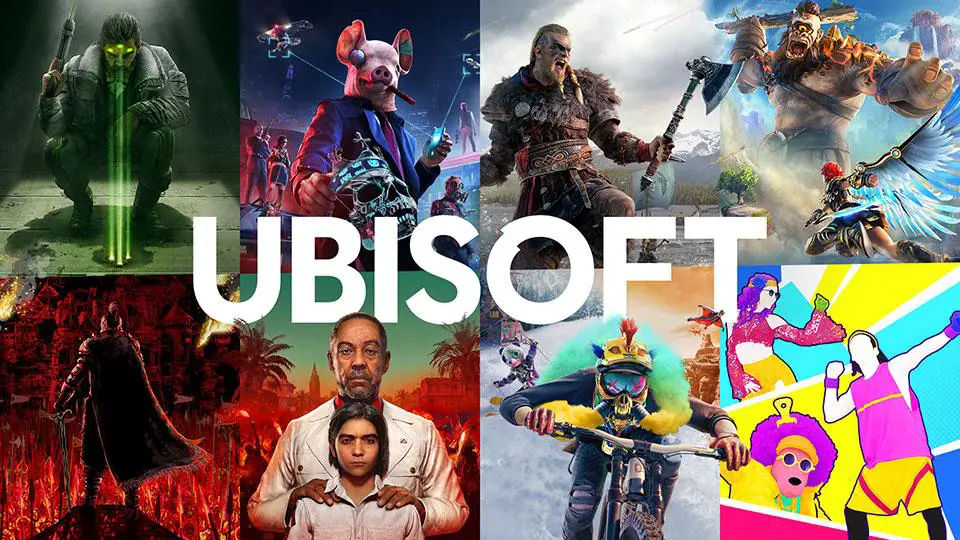
Expert Insights into the Business Side of the Decision
From a business perspective, Ubisoft’s decision to create a new subsidiary company is likely a strategic move to optimize the management and development of its most successful franchises. By creating a separate entity, Ubisoft can streamline operations, increase efficiency, and reduce costs associated with managing multiple franchises. This move can also enable Ubisoft to:
- Foster a more agile and adaptable business structure
- Encourage innovative thinking and risk-taking within the subsidiary
- Develop more targeted and effective marketing strategies for each franchise
This decision may also have implications for Ubisoft’s financial performance and stock value. As a separate entity, the subsidiary company will be responsible for its own profits and losses, which can affect Ubisoft’s overall financial statements. The impact on stock value will depend on various factors, including the subsidiary’s performance, industry trends, and market conditions. A comparison of Ubisoft’s current financial performance with that of its competitors in the gaming industry may look like this:
| Company | 2022 Revenue (USD) | Market Share |
| Ubisoft | 2.5 Billion | 24.6% |
| Activision Blizzard | 9.6 Billion | 29.3% |
| Electronic Arts | 5.5 Billion | 21.5% |
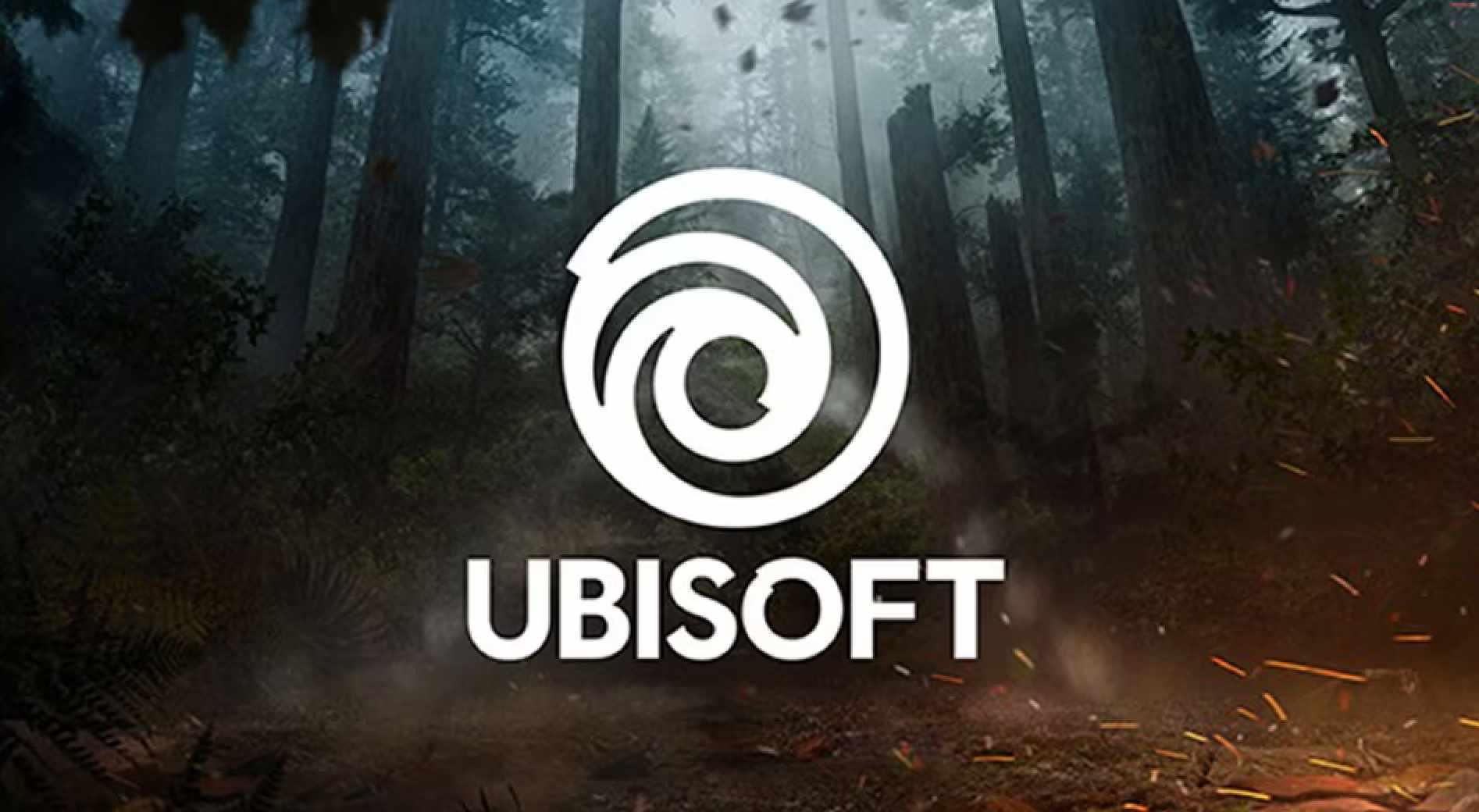
The Impact on Ubisofts Overall Gaming Strategy
This strategic decision is likely to have a significant impact on Uber’s overall gaming strategy. By creating a subsidiary company focused on three of its most successful franchises, Uber can centralize and streamline the development process, allowing for more efficient use of resources and a stronger focus on its core strengths.
Some potential benefits of this move include:
Enhanced innovation: With a dedicated team focused on developing new and innovative gameplay experiences for these beloved franchises.
Increased quality control: By having a smaller, more agile team, Ubisoft can more easily ensure that its games meet the high standards of quality that players expect from these franchises.
* Greater franchise consistency: By having a single team overseeing the development of all games within these franchises, Ubisoft can ensure that each new title aligns with the overall vision and strategy for the franchise.
| Franchise | Releases in 2022 | Planned Releases |
| — | — | — |
| Assassin’s Creed | Assassin’s Creed Valhalla: Dawn of Ragnarök | Assassin’s Creed Mirage, Assassin’s Creed Codename Red |
| Rainbow Six | Rainbow Six Extraction | Rainbow Six Mobile |
| Far Cry | Far Cry 6: Lost on Mars | Far Cry 7 |
This new structure will likely lead to a more focused and cohesive gaming portfolio, allowing Ubisoft to better compete in the rapidly evolving gaming landscape.
Pros and Cons of Reorganizing Major Franchises
Breaking Down the Impact
Reorganizing major franchises can be a complex and multifaceted endeavor. On one hand, centralization of resources and expertise can lead to more cohesive and polished game development, as well as increased efficiency and cost-effectiveness. Additionally, consolidating decision-making under one entity can enable streamline in-game cross-pollination and opportunities for inter-franchise crossovers.
However, there are also potential downsides to consider, such as homogenization of distinct franchise identities and stifling of creative independence. Reorganizing major franchises can also lead to the transfer of personnel and shifts in priorities, potentially disrupting the workflows of individual teams. Ultimately, the success of any reorganization depends on the specifics of its implementation and the balance between consolidating resources and maintaining franchise autonomy.
| Pros of Reorganizing | Cons of Reorganizing |
|
|
Enhancing Player Experience through Specialized Focus
By narrowing the subsidiary company’s focus to Assassin’s Creed, Rainbow Six, and Far Cry, Ubisoft aims to refine and perfect its most beloved franchises. A dedicated team will be able to delve deeper into the intricacies of gameplay, creating unique experiences that cater to the specific preferences of each series’ fans.
- Proximity to Core Gamers: Direct communication channels will allow the subsidiary company to gather feedback and assess the needs of gamers more effectively, driving innovation and continuous improvement.
- Customized Story Development: With the ability to focus on distinct narrative styles, the company can optimize storytelling for each series, incorporating more detailed character development and environmental depth.
- Reinforced Multiplayer Components: Enhanced focus will help shape successful online multiplayer models, allowing the developers to create dynamic, immersive experiences tailored to each game’s individual needs.
| Game Series | Focus Area | |
|---|---|---|
| 1 | Assassin’s Creed | Historical Accuracy and Parkour Mechanics |
| 2 | Rainbow Six | Tactical Teamwork and Esports-Ready Gameplay |
| 3 | Far Cry | Open-World Exploration and Diverse Antagonists |

Rethinking the Role of AAA Developers in the Gaming Industry
The latest decision by Ubisoft to create a new subsidiary has sparked a lively debate about the evolving role of AAA developers in the gaming industry. One of the key aspects of this shift is the changing relationship between studios and their intellectual properties. As the industry becomes increasingly saturated with big-budget games, developers are facing mounting pressure to deliver high-quality experiences that meet the expectations of their audiences.
This has led to a growing trend of studios adopting a more franchise-driven approach, with a focus on nurturing and expanding their most successful IP. In the case of Ubisoft, this means entrusting a new subsidiary with the stewardship of Assassin’s Creed, Rainbow Six, and Far Cry – three of the company’s most beloved and lucrative franchises. By doing so, Ubisoft is effectively acknowledging that these properties have developed distinct identities and fan bases, which require dedicated care and attention to thrive. The benefits of this approach include:
- Enhanced creative focus and autonomy for each franchise
- Improved resource allocation and budget management
- Increased agility and responsiveness to changing market trends
However, this shift also raises questions about the potential risks and drawbacks of this approach. As studios become more entrenched in their existing franchises, there is a danger that they may become less inclined to take risks and experiment with new IP.
| Pros of a franchise-driven approach | Cons of a franchise-driven approach |
| Enhanced creative focus and autonomy | Potential stifling of innovation and creativity |
| Improved resource allocation and budget management | Risk of becoming too reliant on established IP |
| Increased agility and responsiveness to changing market trends | Potential failure to adapt to emerging trends and technologies |
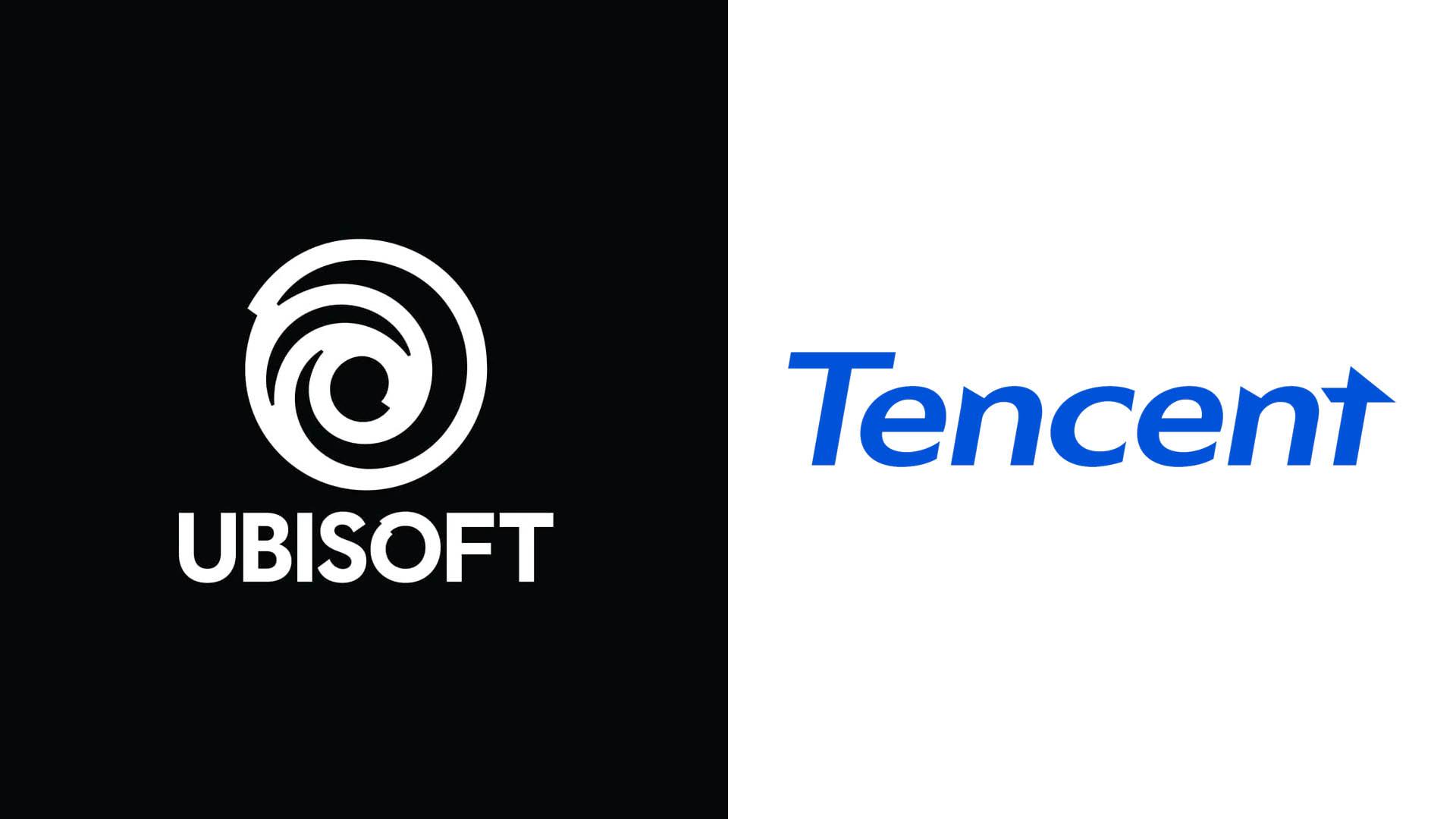
How the New Subsidiary Might Foster Innovation and Growth
The establishment of a new subsidiary company is poised to breathe fresh life into Ubisoft’s flagship franchises. By having a separate entity dedicated to the development and management of Assassin’s Creed, Rainbow Six, and Far Cry, Ubisoft can harness the collective expertise and resources needed to push these series forward. This move is likely to attract top talent and partnerships, fueling a culture of innovation and growth.
The possibilities for growth and expansion are vast, with the new subsidiary potentially exploring new markets, platforms, and technologies. Some potential areas of focus might include:
- Immersive experiences: Integrating emerging technologies like virtual and augmented reality, as well as cloud gaming, to create more immersive experiences for players.
- Mobile and cross-platform play: Developing mobile versions of AAA titles and implementing seamless cross-platform play to reach a broader audience.
- Esports and competitive gaming: Building on the competitive foundations laid by Rainbow Six, the subsidiary might invest in esports initiatives, fostering a professional gaming ecosystem around Ubisoft’s franchises.
Examples of potential innovations born out of this new subsidiary might include:
| Assassin’s Creed | Rainbow Six | Far Cry | |
|---|---|---|---|
| New Playstyles | Dynamic grappling mechanics | Advanced tactical protocols | Survival-oriented scavenging mechanics |
| Game-Changing Features | AI-powered NPCs | Map editors and mod support | Fluid dynamic weather systems |
This forward-thinking approach would allow Ubisoft to not only build on the successes of their most prized franchises but also propel them into new and exciting territories, potentially disrupting the gaming landscape forever.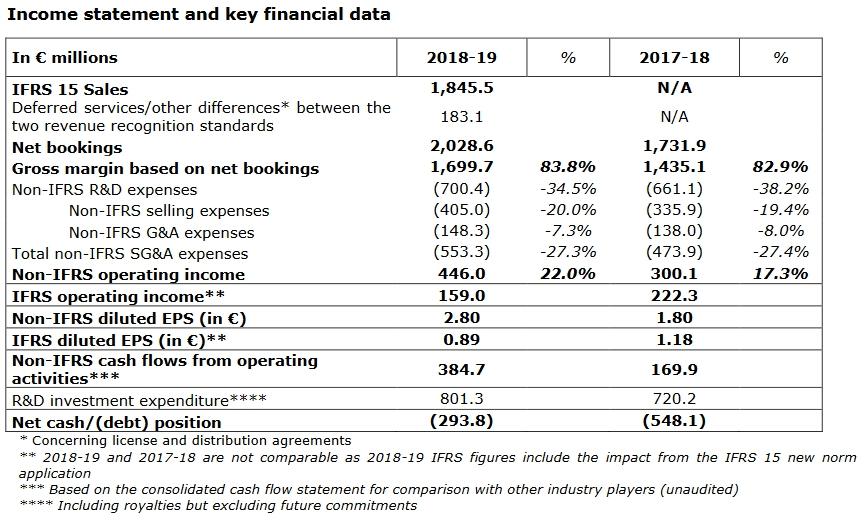
Potential Implications for Ubisofts Financial Performance
This development could have significant implications for Ubisoft’s financial performance, as it may lead to increased investment and growth for these high-performing franchises. By centralizing the development and management of these titles under a single entity, Ubisoft may be able to drive greater efficiency and coordination, potentially resulting in higher revenue and profitability.
Key areas to watch for potential financial impact include:
- Increased R&D investment: With a dedicated subsidiary, Ubisoft may be able to allocate more resources to research and development for these franchises, potentially leading to new and innovative gameplay experiences.
- Improved talent attraction and retention: A specialized subsidiary may help attract and retain top talent in the industry, which could have a positive impact on the quality and success of future titles.
| Franchise | Recent Title | Release Date | Sales (Approx.) |
|---|---|---|---|
| Assassin’s Creed | Assassin’s Creed Valhalla | 2020 | 20 million |
| Rainbow Six | Rainbow Six Extraction | 2022 | 10 million |
| Far Cry | Far Cry 6 | 2021 | 15 million |
Concluding Remarks
As the curtain closes on this announcement, a new chapter unfolds in the realm of gaming. Ubisoft’s bold move to create a dedicated subsidiary company sends ripples of excitement through the industry, and fans worldwide can’t help but wonder what’s in store for their beloved franchises. The trifecta of Assassin’s Creed, Rainbow Six, and Far Cry, once again, takes center stage, poised to redefine the boundaries of immersive gaming experiences. As we eagerly await the fruits of this new venture, one thing is certain – Ubisoft is setting the stage for an unrelenting pursuit of gaming excellence, and the world will be watching. The future has never looked brighter for these iconic franchises, and we can’t wait to see what’s on the horizon.




